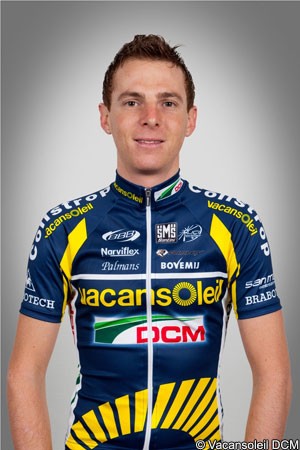Investigators seeking to determine if others were involved
 Four days after he was admitted for emergency treatment in hospital, it has reportedly been confirmed that controversial Italian rider Riccardo Riccò did indeed receive an illegal blood transfusion.
Four days after he was admitted for emergency treatment in hospital, it has reportedly been confirmed that controversial Italian rider Riccardo Riccò did indeed receive an illegal blood transfusion.
According to De Telegraaf, examination of the rider’s blood has shown that he received a transfusion, and that the severe illness he experienced was due to this blood being poorly preserved.
Riccò was previously reported as having admitted the incident to one of the hospital’s medical staff, telling him that the blood had been stored in his refrigerator for 25 days. There is a little confusion about who that invidial was, with some reports suggesting it was a doctor at the hospital, and others saying it was one of the ambulance personnel who accompanied him during the journey.
Some reports yesterday suggested that Riccò had denied ever admitting the act. These reports of a denial were downplayed elsewhere, leading to confusion about what he had and hadn’t said about the case.
If prosecutors can prove beyond doubt that he transfused blood, it would almost certainly lead to a lifetime ban from sport and could land him in jail for up to three years. Today’s reports of medical tests backing that claim up would appear to be the first step in that validation.
Riccò previously tested positive for EPO CERA during the 2008 Tour de France. His two stage wins there were later removed, and he incurred a 20 month ban. He was liable for a 24 month suspension but had time reduced for cooperating with the investigators.
Prosecutors are reportedly currently trying to determine if anyone else was involved in the transfusion. There are some indications that his girlfriend Vania Rossi may have been present. She returned a positive A sample for CERA last January, but was cleared as the B sample was inconclusive.
Riccò’s Vacansoleil team initially stated that he was hospitalised due to a high fever. When reports of his confession came out, the team changed its tune and said that he would be immediately fired if it was shown that he had doped.